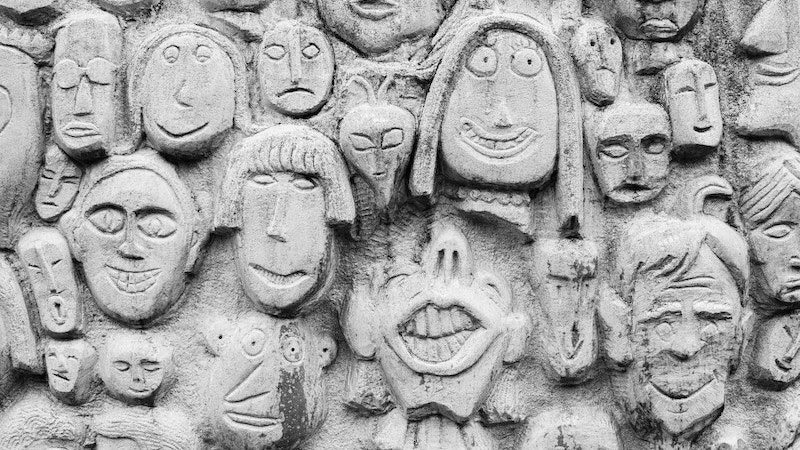What Is Personality?
Episode #1 of the course Introduction to personality psychology: The Big 5 traits by Psychology Insights Online
Welcome to the course! We are Psychology Insights Online. A team of Ph.D. level researchers, psychologists, and professors who are dedicated to sharing our knowledge of psychology with the public. In this course, our goal is to provide you with an overview of the most dominant personality model, the Big 5.
Human personality is truly fascinating, and I hope that you enjoy this course on the Big 5 personality traits. The Big 5 Model has been thoroughly studied by psychologists and is widely considered to be the most well-validated perspective of what best describes human personality. By the end of this course, you will have gained new insight into human personality in general, as well as the makeup of your own personality.
Before we begin learning about the Big 5 personality traits specifically, let’s start by looking at how psychologists have attempted to define personality.
You may be under the impression that defining personality is not that hard. After all, we each have a pretty good idea of what personality is. We all have one, we can all identify personality traits when we see them, and we regularly describe other people based on the traits they possess. For instance, some of the people we meet can be described as having “easy” personalities, while others may have a more “difficult” personalities.
In reality, there is no one standard definition of human personality. Indeed, the field of personality psychology has been grappling with how to best define personality for well over a hundred years. Often, the definition provided depends on which perspective or theory that one adopts. However, in recent years, the substantial majority of psychologists now view personality as being a collection of individual traits that are genetically based and mostly stable across time.
The American Psychological Association offers this definition: “Personality refers to individual differences in characteristic patterns of thinking, feeling and behaving.”
Like some other definitions, this one is quite broad. But when you look across different definitions of personality, you can identify certain core features that they share:
First, personality is unique to individual people.
In other words, each person has a unique personality profile. This is even the case for identical twins.
Our biology, our culture, and our life experiences, what we have learned, and how we think about ourselves all contribute to a unique personality that no one else has.
A second common feature is that personality should be consistent.
Most personality psychologists agree that personality is consistent across different situations and across time, even as we get older. In other words, how we portray ourselves to other people is generally stable across situations. Of course, we all do impression management depending on whom we are talking to, but the core aspects of personality remain constant. This does not mean that personality can’t change at all, but the general consensus is that personality traits are stable and don’t drastically change over time.
The third key feature is that personality influences us.
Our unique personality will influence the things we do in our lives and how we act.
For instance, the activities we choose to do, our majors in college, our career paths, and our relationships have all been found to be directly influenced by personality traits. Psychology researchers are interested in studying how certain features of personality predict all these later outcomes. Using sophisticated measures of personality, they are able to predict with a high degree of accuracy how people will most likely behave later on, based on these personality scores.
Today’s Task: Before we tackle the trait theory of personality, take a few minutes to reflect on your own personality. How would you describe yourself? How would your friends and family describe you? Think about these questions now and see how your current perspective matches the results of the test later on.
In the next lesson, I am going to start by discussing where it all began and describe the history of the trait perspective of personality psychology. Later in the course, you will have an opportunity to complete an online Big 5 personality assessment.
Recommended book
Personality: What Makes You the Way You Are by Daniel Nettle
Share with friends

